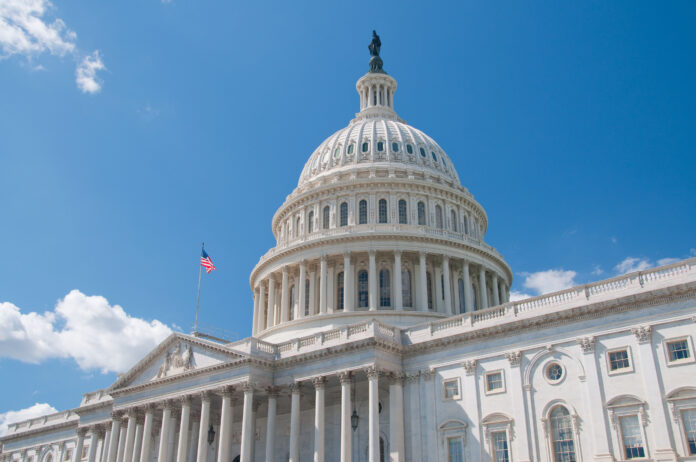In the wake of the early 2000’s lobbying scandal, Congress enacted significant reforms to limit lobbyists’ influence over lawmakers, including restrictions on lavish, all-expenses-paid trips. However, a new analysis by the Howard Center for Investigative Journalism in partnership with POLITICO reveals that the influence industry has exploited these regulations, with U.S. representatives and their staff taking over 17,000 trips funded by private parties since 2012.
At the forefront is the Congressional Institute, a nonprofit that has sponsored more than 4,200 trips for Capitol Hill staff and lawmakers from 2012 to 2023. This institute, run by veteran Republican staffers, relies on $3 million in annual dues from private interest groups, including powerful organizations like the Business Roundtable and the American Hospital Association. The data indicates that most trips were taken by GOP staff, with minimal participation from Democrats.
Current congressional travel rules prohibit lobbyists from significantly participating in corporate-sponsored trips, which are generally limited to one day. However, these restrictions do not apply to nonprofits like the Congressional Institute, which organizes multiday retreats in luxury settings. Such events allow lobbyists and industry officials to engage with lawmakers under the guise of professional development.
Critics argue that this practice resembles money laundering, enabling lobbyists to influence Congress while circumventing the intent of existing laws. The board of the Congressional Institute consists largely of current or former lobbyists, many associated with major firms and high-profile clients, including Fortune 500 companies.
In February, the Congressional Institute hosted a conference attended by House legislative and communications directors at a luxury resort in Maryland, featuring discussions led by executives from tech giants like Microsoft and Google. The event offered attendees opportunities to network with influential staff members, including those from key oversight committees.
Disclosure reports show that attendees justified their participation as a means to strengthen professional relationships and enhance policy effectiveness. The Congressional Institute covered substantial costs for lodging and meals, further blurring the lines between professional development and lobbying.
The growing connections between lobbyists and Congress raise concerns about the effectiveness of current regulations. Despite efforts to maintain transparency and accountability, the continuation of such practices underscores the need for stricter enforcement of lobbying laws. As scrutiny increases, the relationship between lobbyists and lawmakers remains a contentious issue, highlighting the challenges of maintaining integrity in the political process.
By: Montana Newsroom staff




